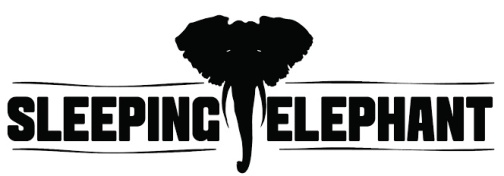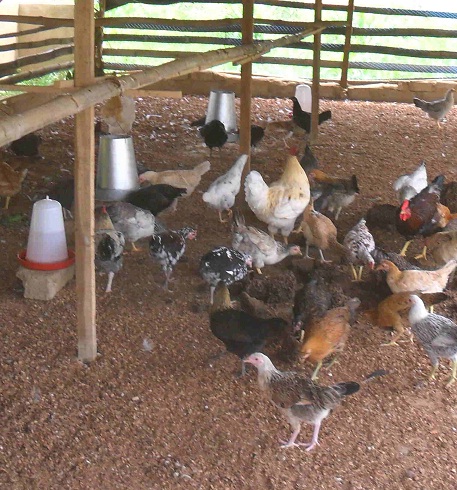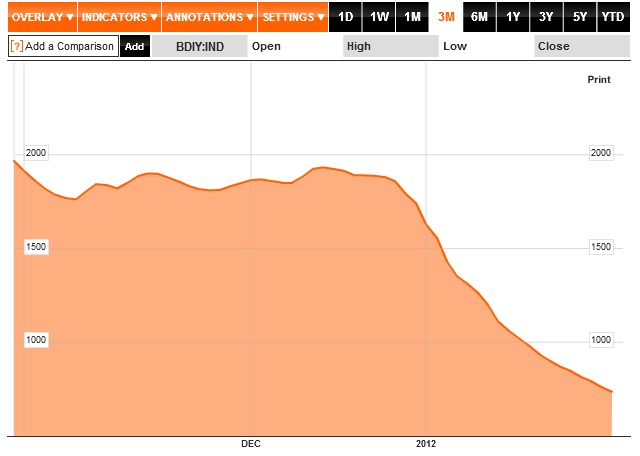Ok, here is what happened with the businesses/projected mentioned on the blog in the early 2010s:
Taxis: Turned out to be really difficult to manage from Europe. You need a local manager, mechanic, and drivers that are competent, honest and don´t exaggerate expenses – especially when knowing the owner is far away and can´t check on things. Just finding a good mechanic / auto repair shop is really difficult, even when living in Abidjan – seems all my friends in Abidjan have constant recurring car problems and keep changing mechanic all the time.
To make a taxi business work, I think – and this sounds obvious in hindsight – one needs to be on the ground and follow the business closely , and even acquire some car repair skills – not something Im too excited about.
So after revenues coming in below expectations and constant mechanical issues (real or not), I sold all cars in 2013 at a loss.
Chicken farming: This was from the start an interesting thing to do while waiting for Abidjan to grow out to the chicken farming land. As I have never lived even close to a rural area, I kind of enjoyed learning about farming stuff and travelling out of the city, and surprising my banking friends in London where I lived at the time with “yeah I have this side business in chicken farming in Africa…”.
So what happened; after switching from african chickens which grow too slowly, to so called broiler chickens, we made three batches. At each batch one buys 1 day old chicks, feeds them, and sells them after 30 days or so. First batch went ok, and made a small profit. For the second batch the feedstuff seller mixed in cheaper ingredients causing the chicks to grow more slowly leading to a small loss. In the third batch the chicks got a disease causing another loss. Then I stopped.
Chicken farming is basically lots of work for quite small margins that can easily be wiped out. With more experience, and larger scale one can probably make it work quite all right, but the city has now grown out to the chicken farming land, and I think building on the land is more my thing, which leads to:
Real Estate: Thankfully, got much better news here! The house bought in 2007 has more than doubled in value since then, and rents have nearly tripled. I rented it out on airbnb for a while, to predominantly families living in Europe with ties to the Ivory Coast, and coming to Abidjan for holidays. Despite the somewhat peripheral location of the house, demand was much bigger than I expected, so business has been good. Currently it is rented out long term to a French-Ivorian family.
Boosted by this experience, I bought some land in Abidjan and another bigger house, more centrally located. It is now a mixed house-share / guesthouse with some rooms rented long term and others short term. First paying guest came in January 2017, and so far so good!
Inspired by the Sleeping Camel hostel in Bamako, Mali, Im calling it The Sleeping Elephant, and even had logos/graphic profiles made for it (thanks Nim Studios), but still can’t make up my mind on which one is best:
1)

2)

3)

4)

5)

6)

7)

Trunk to the left or right, black, red or white text, Cote d’Ivoire or Ivory Coast, endless permutations here! Only thing clear is that the “The” doesn’t look good.






















